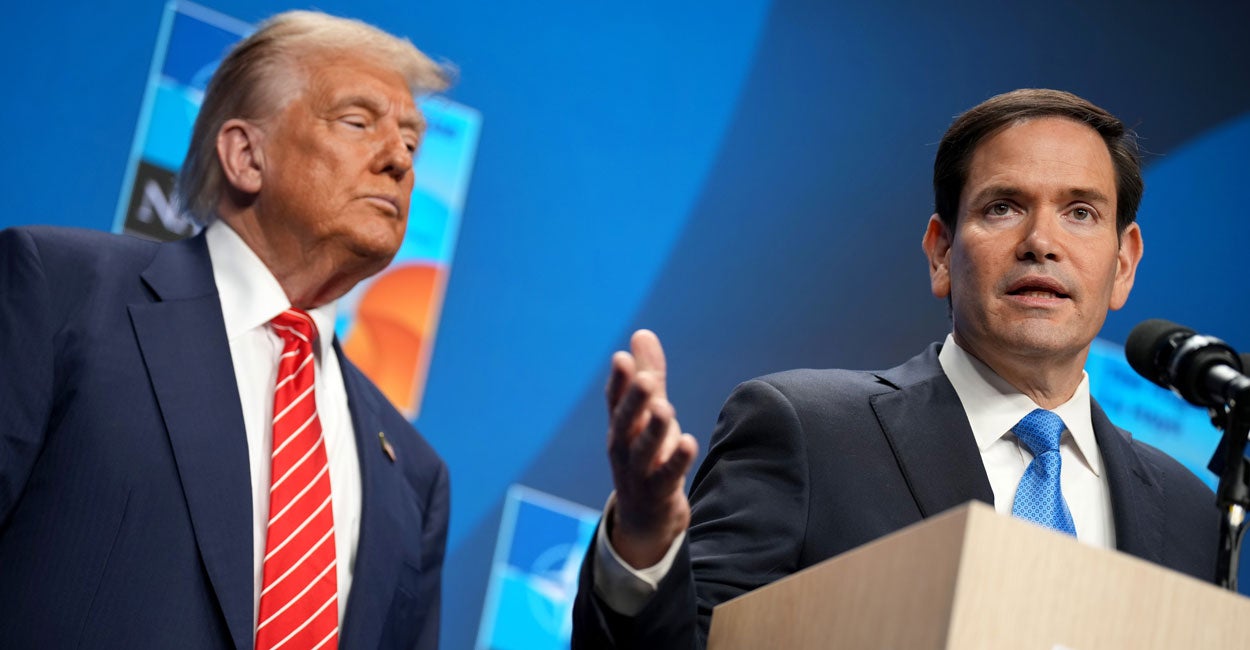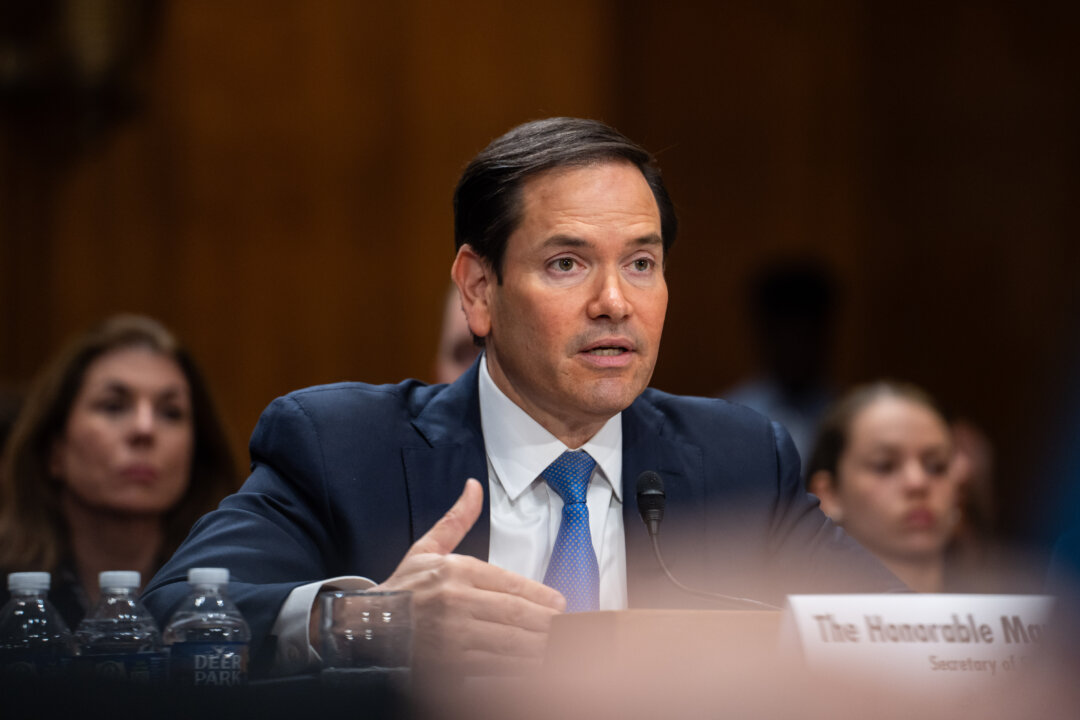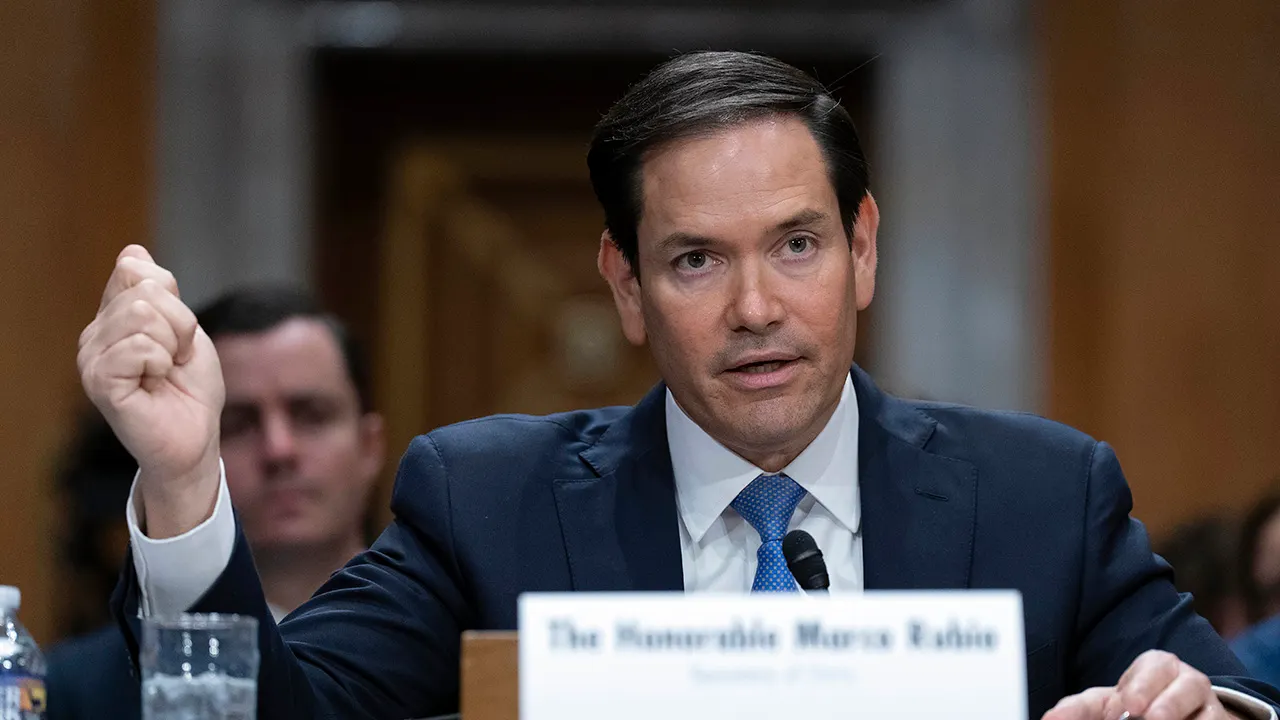USAID Ceases Operations Amid Controversy Over Foreign Assistance
USAID has officially ceased operations as of July 1, shifting focus from aid to trade, sparking debate over its impact on global health and humanitarian efforts.
Overview
- USAID announced the immediate cessation of all foreign assistance globally, effective July 1, marking a significant policy shift in U.S. foreign relations.
- Supporters highlight USAID's role in improving global health systems, while critics point to issues of mismanagement and luxury lifestyles funded by aid.
- Studies warn that projected cuts could lead to over 14 million additional deaths by 2030, including 4.5 million children, raising concerns about the impact of this decision.
- The Trump administration has requested $17 billion for foreign assistance next year, less than half of previous amounts, amid debates on the effectiveness of aid.
- Control of foreign assistance programs has shifted to the State Department, aligning with new administration policies as USAID's operations conclude.
Report issue

Read both sides in 5 minutes each day
Analysis
Center-leaning sources frame the narrative around USAID's impact and recent cuts with a critical perspective. They highlight the potential humanitarian crises resulting from funding reductions, emphasizing the agency's historical significance while portraying the Trump administration's actions as detrimental. This reflects a bias towards advocating for continued foreign aid and humanitarian support.
Articles (8)
Center (2)
FAQ
USAID ceased foreign assistance operations because the Trump administration decided to end what it described as government inefficiency, shifting control and administration of foreign assistance programs to the State Department to prioritize American national interests with more accountability and efficiency.
Studies warn that the cuts in foreign assistance following USAID's closure could lead to over 14 million additional deaths by 2030, including 4.5 million children, raising significant concerns about the negative impact on global health and humanitarian efforts.
After USAID ceased operations, the State Department took over foreign assistance programs that align with the Trump administration's policies, with an emphasis on advancing American interests and delivering aid with more accountability, strategy, and efficiency.
Critics argue that USAID was marked by mismanagement and luxury lifestyles funded by aid, with limited success in meeting development objectives, sometimes worsening instability, and fostering anti-American sentiment rather than supporting American interests.
The Trump administration requested $17 billion for foreign assistance for the next year, which is less than half of previous amounts, reflecting debates on aid effectiveness and the policy shift away from USAID operations.
History
- 2M

 3 articles
3 articles







